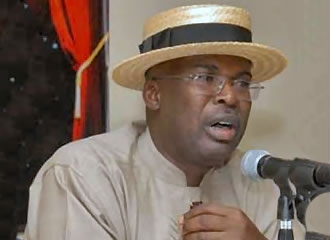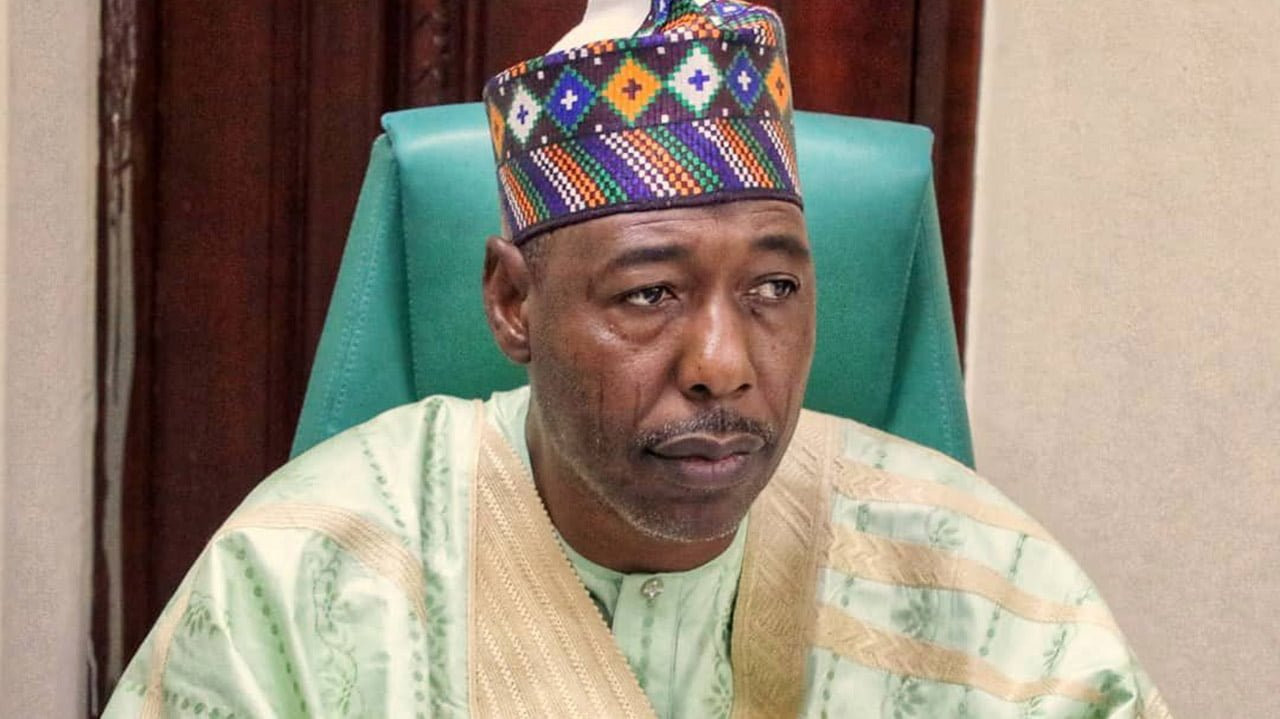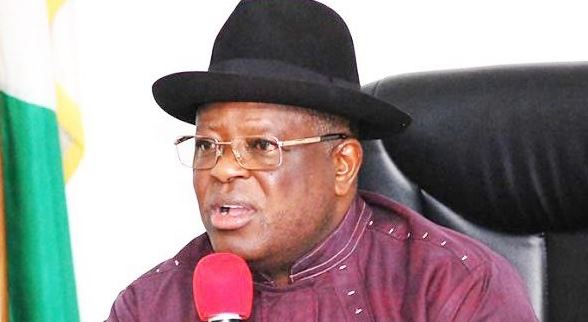Borno State Gov. Babagana Zulum has presented a N584bn budget proposal for the 2025 fiscal year to the State House of Assembly, emphasising recovery and continuity in rebuilding critical infrastructure.
Tagged “Budget of Recovery and Continuity”, Zulum said the proposal comprises N323.47bn for capital expenditure and N204.71 bn for recurrent expenditure.
Zulum said that the budget is projected to be financed through recurrent revenue of N279.51bn, which includes Federation Account Allocation Committee receipts of N249.42bn and Internally Generated Revenue of N30.09bn.
He explained that the capital receipts, including aid, grants, and development funds, are estimated at N152.69bn.
“This budget is informed by our commitment to fulfil promises made to the people. Our estimates are based on realistic assumptions aligned with the Federal Government’s 2025-2027 Medium Term Expenditure Framework.
“We shall block wastages and intensify revenue generation efforts to achieve our targets,” Zulum said.
He assured that the administration remains committed to transparency and accountability in the implementation of the budget.
He said that the government has allocated significant funds to the education sector, targeting the establishment of five mega schools and the rehabilitation of 15 existing ones.
Zulum said 2,000 teachers would be trained, 500 more recruited, and instructional materials provided for secondary schools.
“The government remains committed to improving access to quality education, especially for Internally Displaced Persons (IDPs) and marginalized communities,” he said.
The governor also disclosed a N6bn allocation to sustain the state’s scholarship program, which currently sponsors 1,244 students in local and foreign universities.
“The education of our youth is critical to the future of Borno. We are expanding the scholarship programme to benefit IDPs, orphans, and other vulnerable groups, targeting over 30,000 students in tertiary institutions,” Zulum said.
He said that the state plans to invest heavily in agriculture to enhance food security and job creation through provisions for irrigation systems, fertilizers, and the cultivation of over 100,000 hectares of farmland.
Zulum said the government would rehabilitate the College of Agriculture, which was damaged by floods, and upgrade facilities at Ramat Polytechnic and the College of Education, Waka-Biu.
“These investments will empower our farmers and ensure food sufficiency for the state.
“To address perennial water scarcity, the government has set aside ₦11.6bn for water resources,” he said.
According to him, key projects include the construction of seven additional waterworks, 50 hybrid boreholes, 2,000 wells, and 1,789 solar-powered irrigation pumps.
Zulum said the second phase of the Bulabulin Water Treatment Plant and the upgrade of the Maiduguri water facility would also commence.
“In rural areas, these initiatives will support farmers and ensure access to clean water,” he added.
He said that the budget also prioritizes rural development, with plans to construct roads, markets, and other facilities to boost local economies and improve livelihoods.
Zulum called on stakeholders to support the government’s efforts in ensuring successful implementation of the budget and rebuilding the state.
“This budget reflects our determination to recover from the challenges of insurgency and natural disasters while laying the foundation for sustained development,” he said.











